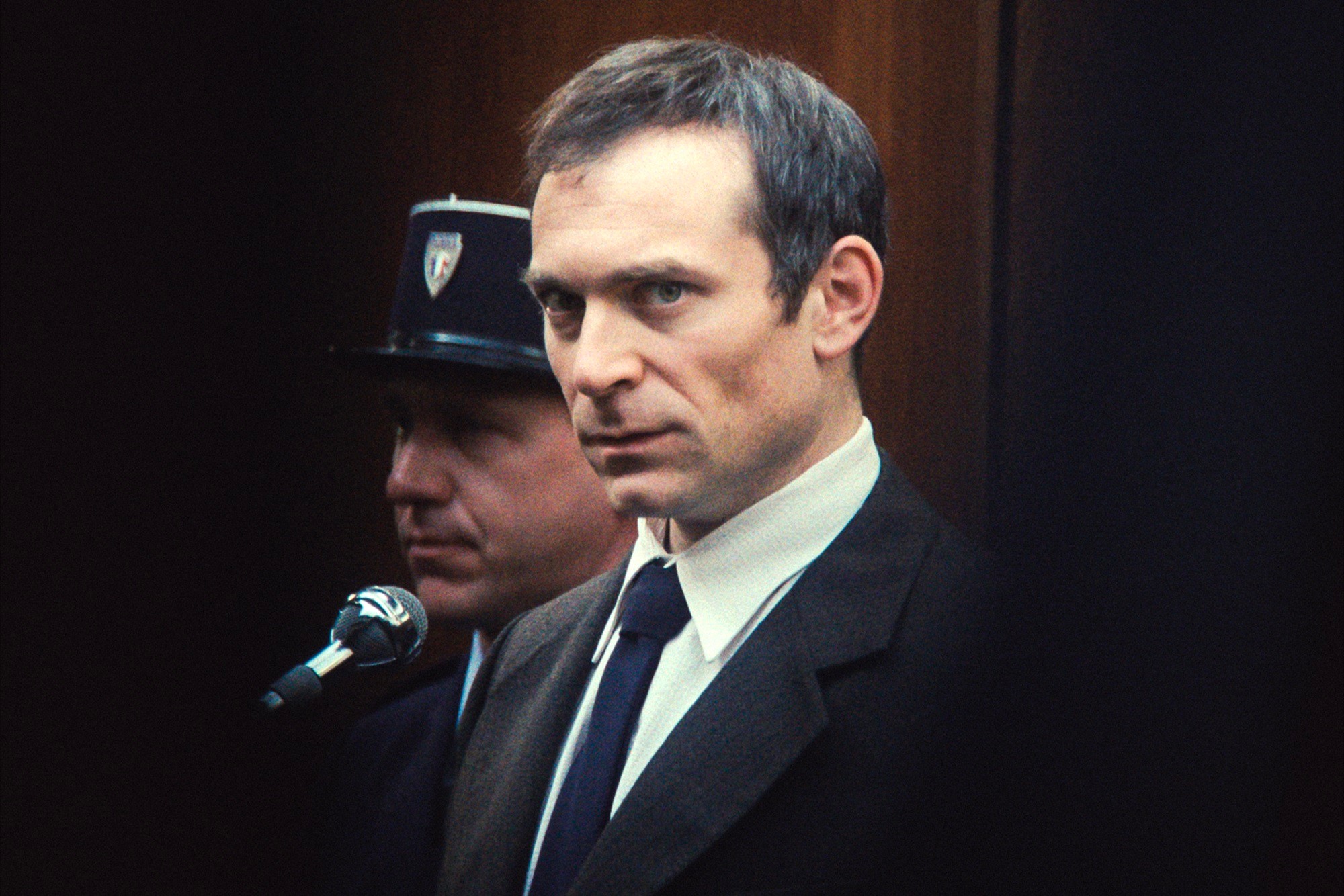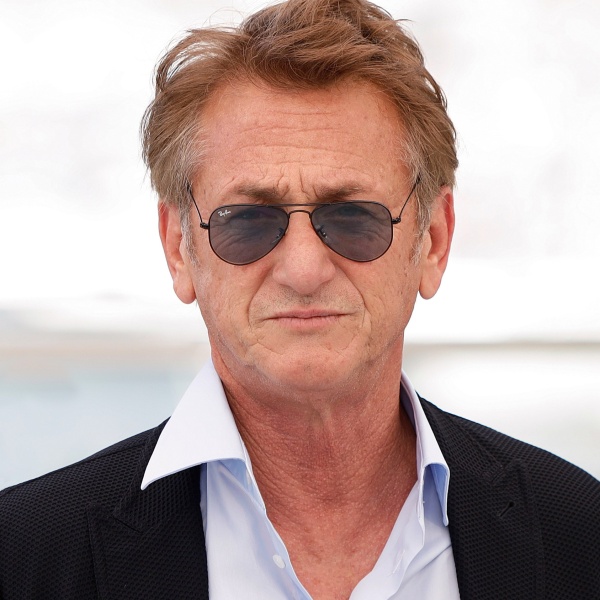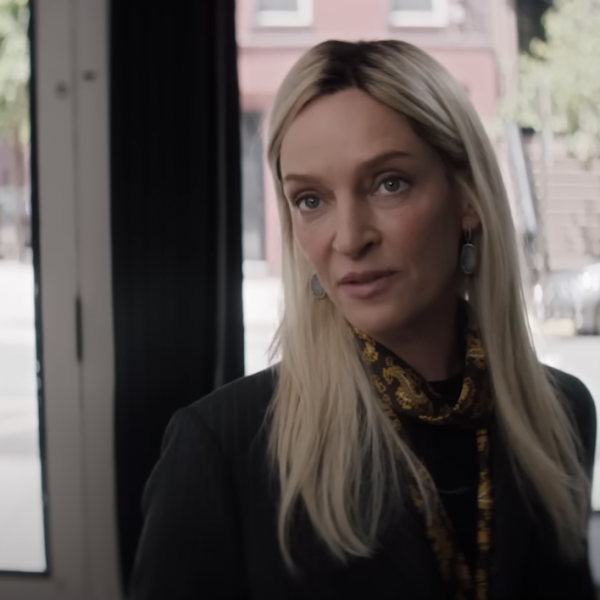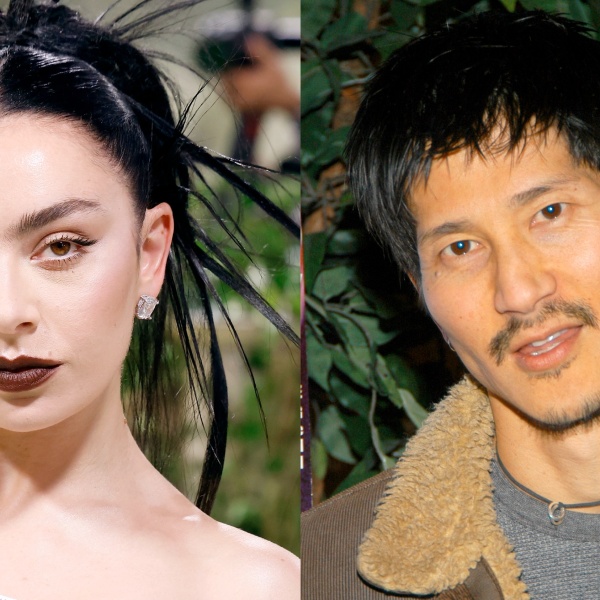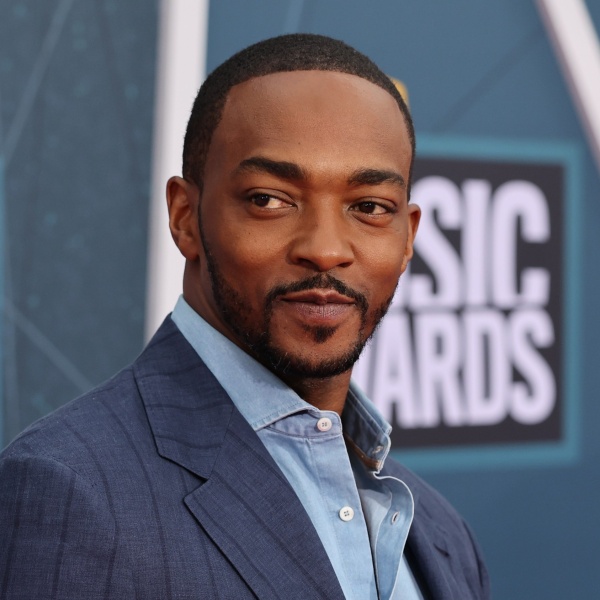There is invigorating cinema to be found within the trials and travails of the French justice system. Last year proved this with Alice Diop’s brilliant “Saint Omer,” and this year, cinephiles can already add another film to the ranks of fascinating, fact-based French legal dramas: “The Goldman Case,” Cédric Kahn’s invigorating retelling of the 1976 trial involving Pierre Goldman, a Jewish radical charged with killing two women in a pharmacy robbery.
Kahn uses the simplicity of his movie’s structure — the action rarely leaves the courtroom — to underline the complexity of the circumstances and the prickly figure at its center, Goldman himself, played excellently by Belgian actor Arieh Worthalter, who gives his character the fervor that apparently made him a figurehead in his day. But Worthalter ambitiously refuses to allow Goldman to be easily sympathetic, leaning into his sometimes contradictory anger. Similarly, though there are timely themes at play involving society’s racism and anti-semitism, especially when it comes to a police force, Kahn deftly avoids ham-fisted posturing, instead letting testimony speak for itself.
By the time we first meet Goldman in the context of the film, he has become something of a folk hero following the publication of a memoir he wrote in prison, “Obscure Memories of a Polish Jew Born in France,” detailing his life as the son of Polish refugees. Though he readily admitted to the charges of robbery, he vehemently denied any involvement in the murders. He had an alibi, but his main defense, as depicted on screen, is almost aggravatingly simple: He didn’t do it because he didn’t do it. He refuses to allow his lawyers to offer any character witnesses because he believes his own word should be enough.
But before Goldman ever appears on the screen, Kahn opens the action on two of his lawyers, Georges Kiejman (Arthur Harari) and Francis Chouraqui (Jeremy Lewin), both Jewish men. Kiejman has just received a letter Goldman has drafted explaining how he was going to fire him, pointedly calling his representative an “armchair Jew,” an insult implying passivity that speaks to the recency of the Holocaust. It’s a sequence that exists outside the otherwise claustrophobic world of the film that nonetheless establishes a crucial context for Goldman’s anger. Without too much exposition, Kahn displays the anxiety of the world Goldman occupies, where the scars of the past are tender.
From there, Kahn jumps into the actual trial proceedings, portraying the strata of spectators. There are the Goldman acolytes, who have the beards and the clothing of leftists and chant his name. Then there are Goldman’s relatives, including his father, a former Resistance fighter, who remains solemn. And finally there are the representatives of the police force, challenged by what Goldman represents as a voice of anti-authoritarian resistance. The only thing that serves as the score is the bickering of Goldman’s supporters and detractors.
There’s something inherently entertaining about the way the French conduct their trials, even down to the way that the members of the jury are allowed to ask questions of witnesses. Kahn milks the frenetic nature of the proceedings, as well as the high-wire emotion on display. As each subsequent witness comes to speak, he also slowly peels back the layers of prejudice that colored Goldman’s accusation, from the ways in which his Black friends were intimidated by the police to the obstinance of the cops who bristle at any charges of racism or misdoing.
Kahn films the action with the objectivity of a verité documentarian, and his and Nathalie Hertzberg’s script has the precision of a historical document. Their research reportedly involved detailed interviews with Kiejman and Chouraqui, as well as in-depth analysis of newspaper articles surrounding his trials. At the same time, this is not a documentary, but rather an ingenious act of synthesis, which combines information from one of Goldman’s previous trials and draws information from his book as well. The effect is a concise, but not uncomplicated look at this man through his legal struggles.
Goldman, it should be noted, was assassinated in 1979 and the events surrounding his death could make for an entirely separate film. It’s telling that Kahn chose not to tell a broader story about this figure, whose life was filled with the kind of tragedy and spectacle that seems ripe for cinematic translation. (For instance: His mother left him to return to Poland and pursue Communist objectives; he fought with guerrillas in Venezuela.) Instead, he uses the trial as a covert character study that nonetheless exposes the ills still plaguing France and the rest of the world.
With another subject, Kahn’s approach might come off as dispassionate, but Goldman is such a strangely alluring figure that he — and by association, Worthalter — give the film its fiery bent. He’s cocky and self-sabotaging, but also attractive in his cynical idealism. Unlike most courtroom dramas there are no easy answers here, no moments where music swells and victory reigns. Goldman is too complicated for that. Instead, Kahn rightfully leaves his audience mired in the questions his story raises about Jewish trauma and corrupt institutions, both today and yesterday.
Grade: B+
“The Goldman Case” premiered at the 2023 Cannes Film Festival, where it opened the Directors’ Fortnight section. It is currently seeking U.S. distribution.
